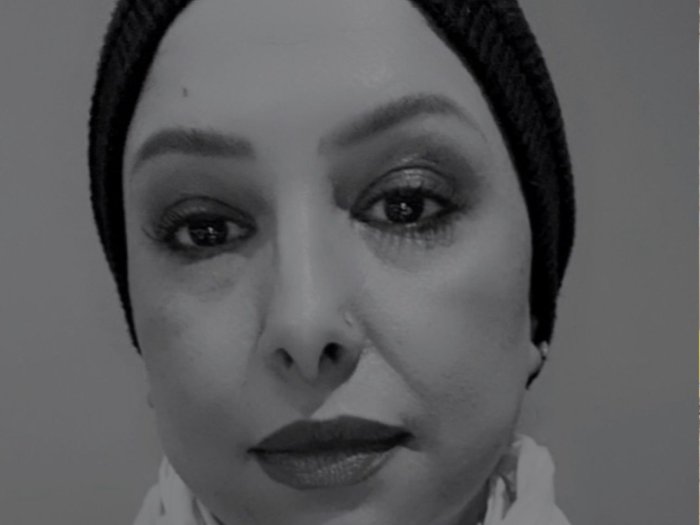During South Asian Heritage Month we are sharing a series of blogs from people at the Trust, talking about what being South Asian means to them and why it is important.
South Asian Heritage Month runs from 18 July to 17 August. The theme this year is 'free to be me.'
